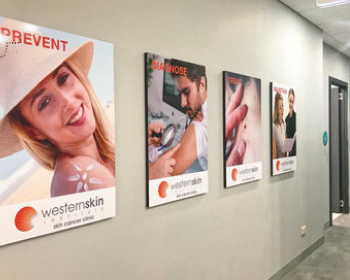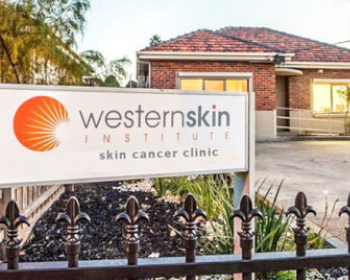This blog is based on expert recommendations from the Australian Medical Dermatology Group published on 30th March 2021: https://onlinelibrary.wiley.com/doi/10.1111/ajd.13593
How effective are the COVID-19 vaccines?
In Australia and New Zealand, we have supply agreements for Pfizer-BioNTech (BNT162b2), Astra Zeneca (AZD1222), Moderna (mRNA-1273) and Novavax (NVX-CoV2373). In phase III trials, mRNA vaccines (BNT162b2 and mRNA-1273) are more than 95% effective in preventing infection with COVID-19. Astra Zeneca (AZD1222) is at least 70% effective and Novavax (NVX-CoV2373) is 89% effective against infection. All the above vaccines have a 100% effectiveness against hospitalisation and severe disease.
It is important to note that none of the vaccines have been studied specifically against one another. The different vaccine trials involved different trial populations, study designs and were carried out at different times during the pandemic. This makes it challenging to claim that one vaccine is better than the other. The more appropriate conclusion is that the vaccines we have are all very effective and they represent your best weapon against COVID-19.
How safe are the COVID-19 vaccines?
It is common to get an injection site reaction (pain, redness, swelling, or itch). Some people experience fatigue, headache, muscle aches and fevers. This is more common after the second dose of Pfizer/ Moderna but more common after the first dose of Astra Zeneca.
Allergic reactions have been reported at an approximate rate of 5 per million.
There have been rare reports of inflammation of the heart (myocarditis) with the Pfizer vaccine. In males 12 to 29 years of age the incidence is 41 cases per million following a second dose of an mRNA. The estimated rates among females of the same age range were 4.2 cases per million and among males ≥30 years was 2.4 cases per million.
AZD1222 (AstraZeneca COVID-19 vaccine) and Ad26.COV2.S (Janssen COVID-19 vaccine, also referred to as the Johnson & Johnson vaccine) have each been associated with an extremely small risk of unusual types of blood clots. The incidence of this is estimated to be 3.0 cases per million overall and 8.8 cases per million for females 30 to 49 years old.
It is important to view the above risk in a comparative context. Aspirin, which is a medication that can be bought off the shelf without a prescription has a major bleeding risk of 5,000 per million.
Should I receive the COVID-19 vaccine if I am on a biologic or immunosuppressant medication?
Yes. All dermatology patients on immunosuppressant or biologic therapies are strongly encouraged to be vaccinated. If you are already on a biologic or immunosuppressant drug, the effectiveness of the COVID-19 vaccine may be reduced. At the time of writing, we do not know to what extent this reduction this is. Furthermore, no particular COVID-19 vaccine or vaccine type (mRNA, recombinant, inactivated virus) is considered superior or preferred at this stage.
If you are currently not on a biologic or an immunomodulator drug but about to be started on one, COVID-19 vaccination, as well as other standard vaccinations (e.g. influenza, pneumococcal, herpes zoster, hepatitis B), should be expedited and given prior to initiation in order to maximise vaccine response.
If you are on a biologic or immunosuppressant agent and have not been vaccinated, COVID-19 vaccination should be administered at least 7 days either side of biologic/immunomodulator dosing.
At this stage, there are no data on the timing of co-administration of other vaccines (e.g. seasonal influenza, herpes zoster vaccines) with COVID-19 vaccines. The current advice is to administer other vaccines either at least 7 days before COVID-19 vaccination or at least 7 days after the completion of the two-dose COVID-19 vaccine regimen.
Should I receive the COVID-19 vaccine if I am on other dermatologic drugs?
Dermatologists administer other medications which may not be routinely administered by other medical specialities. These include isotretinoin (Roaccutane®/ Oratane®), acitretin (Neotigason®), hydroxychloroquine (Plaquenil®) and certain antibiotics (e.g. doxycycline). The short answer is: YES, it is safe and recommended that you get the COVID-19 vaccination. You do not need to adjust the dose of the medication or time the vaccination to the dosing schedule.





